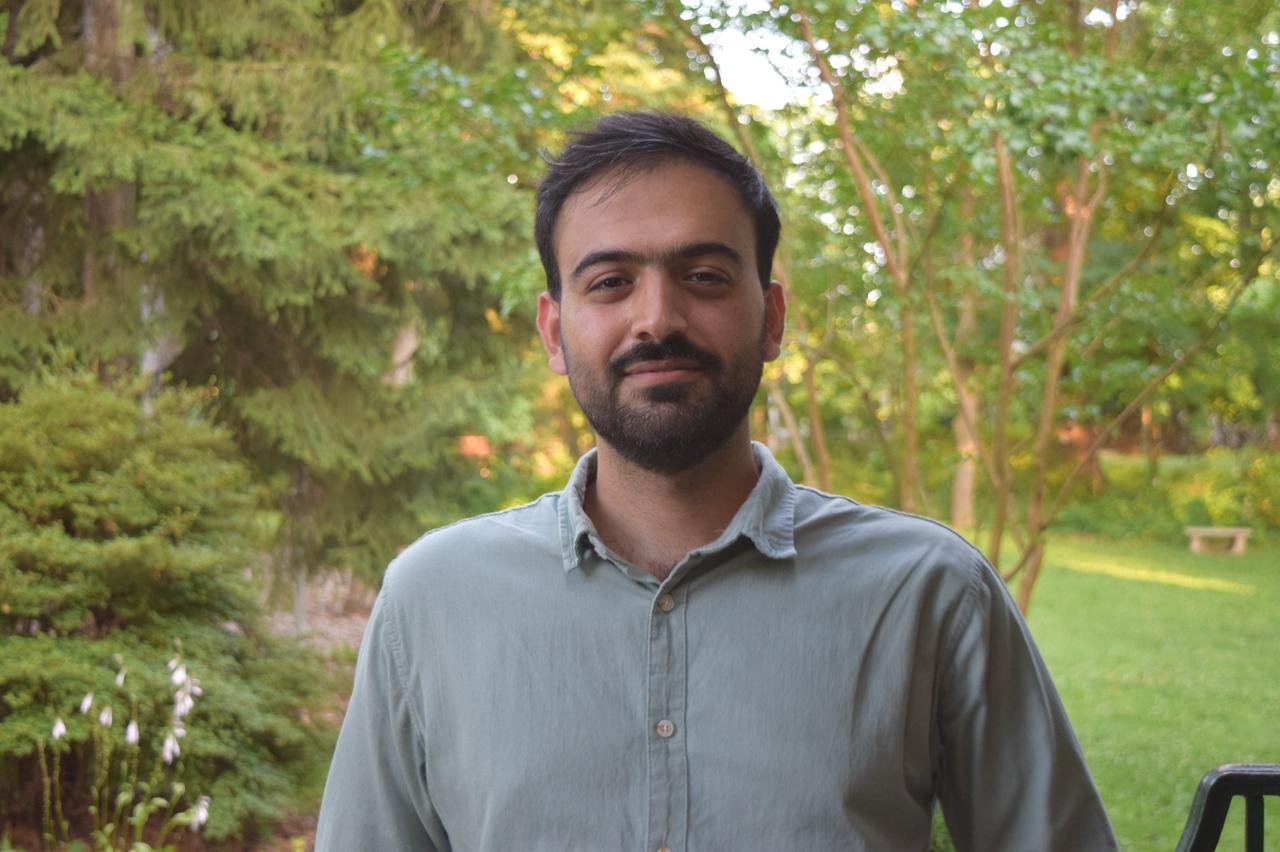By Danyar M. Ali
My visit to Philadelphia as a young Kurdish law student representing Iraq in an American exchange program opened my eyes to phenomenal parallels between two visionaries, separated by centuries and continents. As I made my way along the path of William Penn’s “City of Brotherly Love,” however, I began to feel Kak Ahmad Sheikh of Sulaymaniyah reaching across cultures with some surprises. The religious pluralism that Kak Ahmad inspired in Kurdistan is as far ahead — and behind — us as that of Penn’s Quakers.
Exploring a range of houses of worship, I was exposed to the spiritual tapestry of Philadelphia. At the stunning Al-Aqsa Islamic Society, the known call to prayer filled halls lined with intricate Islamic calligraphy, yet another familiar comfort miles away from home. A few blocks away, the historic Rodeph Shalom Synagogue was a monument to Philadelphia’s Jewish heritage, its Byzantine-Moorish architecture embodying the cultural synthesis that has always been at the heart of the city.
What most really resonated with me was that these different faiths were not just existing side by side, but in real harmony — a living testament to William Penn’s radical 17th-century vision. Penn, a Quaker who had been persecuted for his beliefs in England, established Pennsylvania as a “Holy Experiment,” a place where people of all faiths could worship freely. This was radical at a time when religious tolerance was simply unknown, and persecution the invariable practice.
While sitting in silent worship at the historic Arch Street Meeting House, where Quakers have been meeting for centuries, I couldn’t help but imagine Kak Ahmad Sheikh doing a similar work in Sulaymaniyah. Sheikh Ahmad, like Penn, knew that authentic religious liberty involved not mere tolerance, but proactive regard and defense for every faith. With its array of other groups, such as Yazidis, he worked to bring together Muslims, Christians, Jews and Yazidis in much the same way that Penn had done amongst the different denominations of Christianity, Judaism and Native American spiritualities of colonial Pennsylvania.
It’s striking how similar these two figures are. Both lived during periods of intense religious strife, but opted to swim against the political currents of their times. Penn founded a colony in which no man should face persecution for his beliefs; sheikh Ahmad strove to heal the sectarian pain of post-conflict Kurdistan. Both men knew that religious freedom was not merely an individual right of conscience but a pillar of peaceful society.
What is even more extraordinary about their accomplishments is how they embraced religious harmony not as a dilution of their own faith but as a manifestation of it. Penn was a Quaker, and his religious views led him to see the light of God in all people, no matter what their religion. Likewise, Sheikh Ahmad used Islamic principles of respect for the so-called “People of the Book” and human dignity to encourage interfaith dialogue and understanding.
As I walked through Philadelphia’s historic district, I imagined how Penn’s vision had borne fruit across generations. Churches, synagogues, mosques, and meeting houses stand as neighbors, their different congregations mingling each day in the marketplace, schools and public spaces. It recalled the work Sheikh Ahmad was doing in bringing interfaith dialogue into the open by forming common spaces for interfaith dialogue in Sulaymaniyah, where the leaders of all the different faiths continued get together on a regular basis to discuss common challenges as well as celebrate their common humanity.
Each of the churches I visited — the Swedish Lutheran Church, the African Episcopal Church of St. Thomas, the various historic houses of worship — told a story of how a given community found its home in Penn’s grand social experiment. Their activities and vitality continue to speak to the enduring success of his vision, much like the expanding interfaith initiatives in Kurdistan are grounded in the work of Sheikh Ahmad.
As a law student, I was especially struck by how each man strove to institutionalize religious freedom in legal systems. Penn's Frame of Government for Pennsylvania afforded never-before-seen safeguards for religious liberty, while Sheikh Ahmad fought for legal protections of religious minorities in modern Kurdistan. It provides a reminder of a world where human dignity and social harmony are the key tenets, and the law remains a mechanism for protection.
But neither man’s vision was purely hypothetical. Penn actively bridged different religious minds and gathered fair treatment for all; Sheikh Ahmad continually interceded to protect threatened religions and to encourage mutual understanding between sects. Those approaches to enacting their dreams hold relevance in the world today, where one of the greatest challenges across many societies is often interreligious contention.
My exchange program coming to an end, I left Philadelphia thankful for the way William Penn’s “Holy Experiment” has played in broad strokes across time and space, resonating on lofty wavelengths that would engender the most unlikely echoes in the work of Kak Ahmad Sheikh in the land of Kurdistan. Their common dedication to religious toleration and living together serves as an invaluable template for tackling modern-day issues involving plurality and religious strife.
For both Philadelphia and Sulaymaniyah remind us that the courage to imagine a new way of living together, along with practical work of building institutions and relationships, can change societies. These lessons stay with me, taught by two visionaries from distinct times and cultures, arriving at the same conclusions about human dignity and religious freedom. As a law student in the Kurdish region of Iraq, I am both haunted and encouraged by these lessons.
Their legacy serves as a reminder that the task of building bridges between people of differing faiths is never complete, but rather one that is passed down from generation to generation — each one contributing its chapter to this story of human respect and understanding that continues to unfold.




















